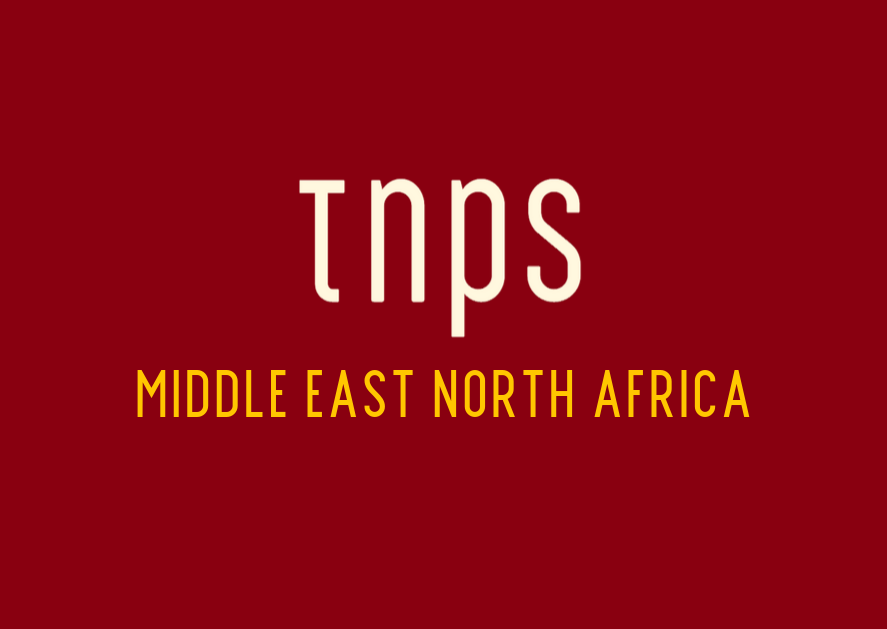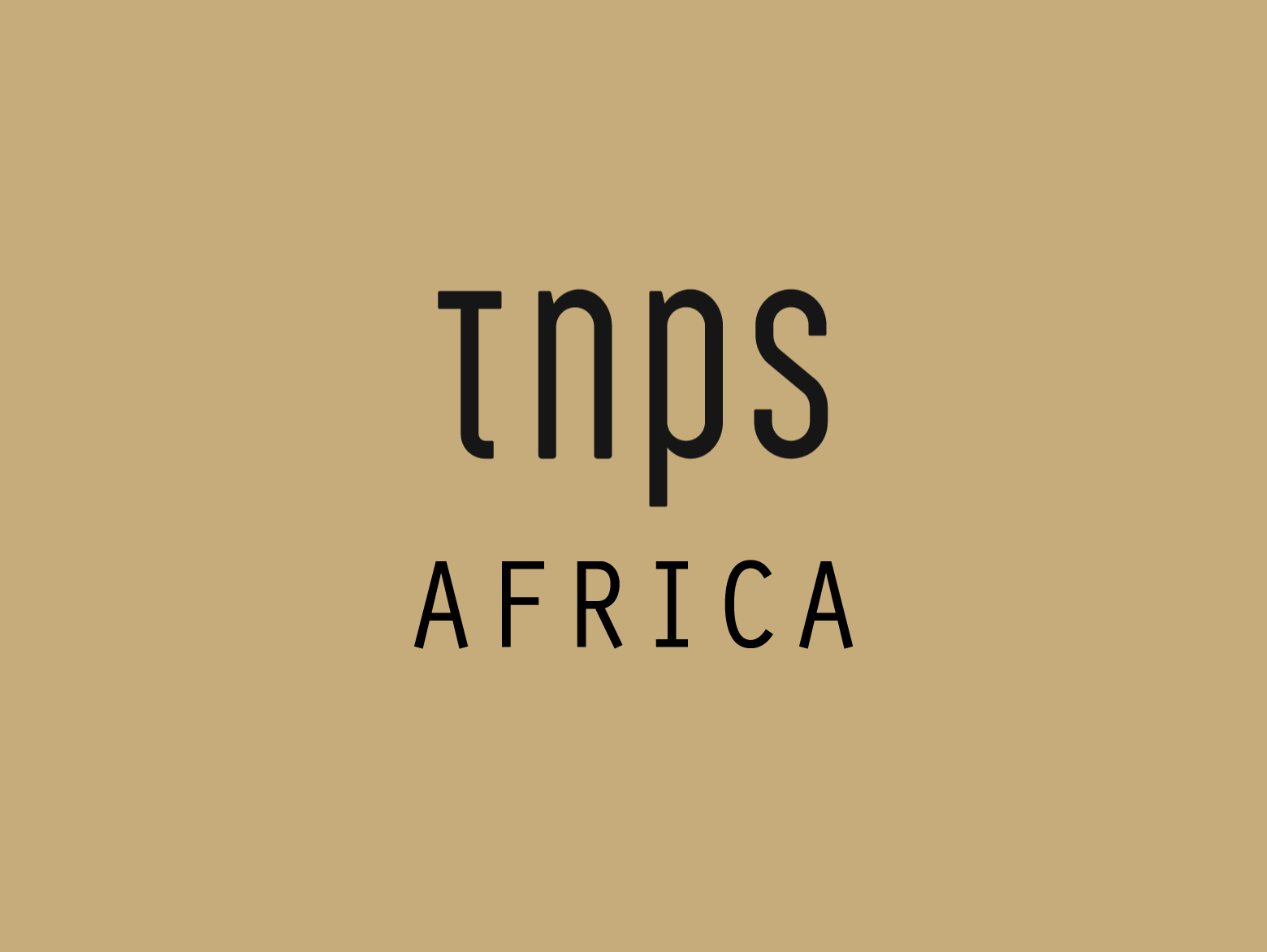When it comes to identifying the leading forces in the international reach of the Arab Renaissance there’s little doubt the UAE leads the way.
The Abu Dhabi International Book Fair is the primary trade event for the Arab markets; Dubai is a cultural beacon in its own right; Sharjah is this year the UNESCO World Book Capital in addition to its pivotal role in being home to the Sharjah Publishing City; and of course Sharjah is the home of International Publishers Association Vice President Bodour Al Qasimi, a one-woman tornado blowing away the cobwebs of twentieth century publishing boundaries and championing the emerging markets.
And then there’s the Emirates Publishing Association (EPA) which leads the charge to bring Arab publishing to the attention of the world.

Attending major world book fairs is an essential part of its job description, and so of course the EPA was at Frankfurt.
The EPA has just released a statement on its engagement with Latin American and Malaysian publishers at Frankfurt, which will be scrutinised by other Arab publishers and publishing associations as a guide to going global.
The report follows a similar report from when the EPA was at the Hong Kong Book Fair, where the Association shared news about its networking with counterparts in the Philippines and Singapore.
With regard to Frankfurt the EPA explained,
Over a two-day period from 17th-18th October, EPA held several sessions on buying and selling of copyrights with 13 Malaysian and 5 Latin American publishing houses. The meetings focused on the importance of future collaboration in sharing expertise and best practices; discussed ways to boost more book deals and promote copyrights; and explored opportunities for UAE publishers to extend their reach regionally and globally.
According to Ali Bin Hatem, President of EPA, “This is an excellent platform for UAE publishers to collectively reinforce their standing as a key Arab publishing resource, build and strengthen professional relationships with international publishing institutions through joint ventures, foster cultural understanding with other nations, and support the publishing industry through knowledge sharing and business collaborations.”
Bin Hatem pointed out that EPA is committed to advancing the role of Emirati publishers by facilitating meetings with their counterparts in regional and international book fairs to enrich their experience, promote their publications and develop their skills.
Having met with representatives of Nielsen at Sharjah in June, the EPA met again with Nielsen at Frankfurt,
to discuss the possibility of developing large-scale studies on the UAE publishing industry to optimise their business competencies.
EPA representatives also met with a delegation from the US-based digital library distribution specialist OverDrive, to discuss the reality of digital publishing and the possibility of organising a workshop for EPA members in this field.
The lessons here are clear for Arab and other publishing associations: the book markets are a global gateway and trade events like, but not limited to, Hong Kong and Frankfurt can play a key role in building export opportunities for members.
But publishing associations and industry promotion bodies can also learn from the EPA’s powerfully effective use of social media and online press releases to network and build interest beyond its borders.
Press release excerpts via WAM.





